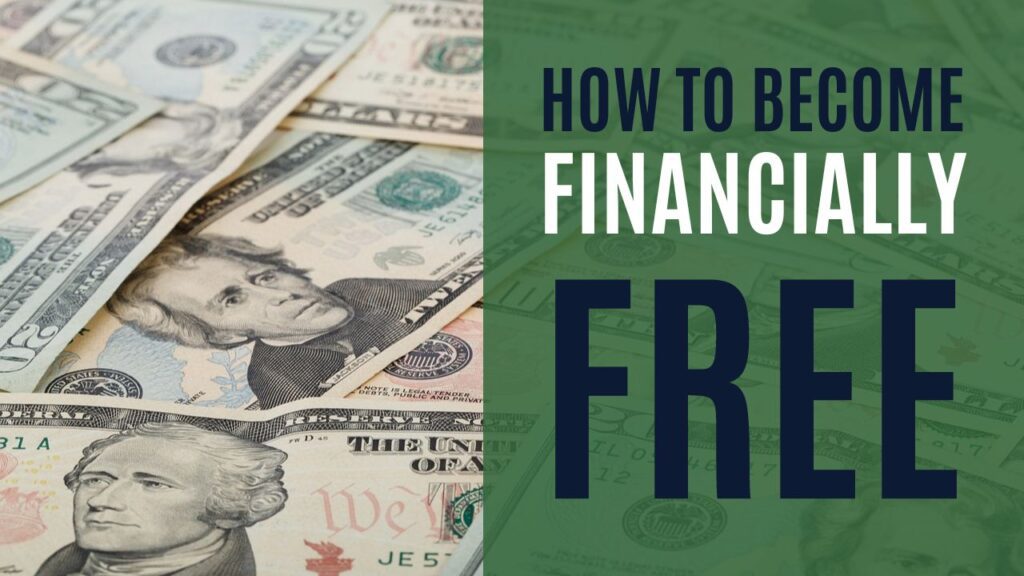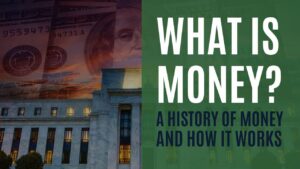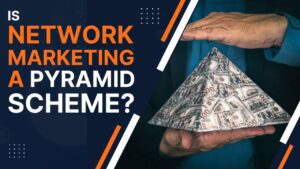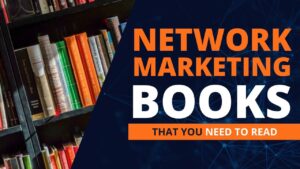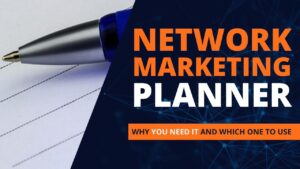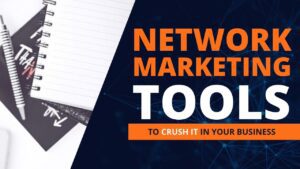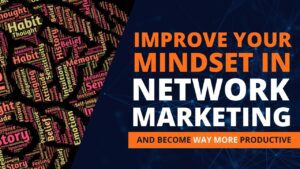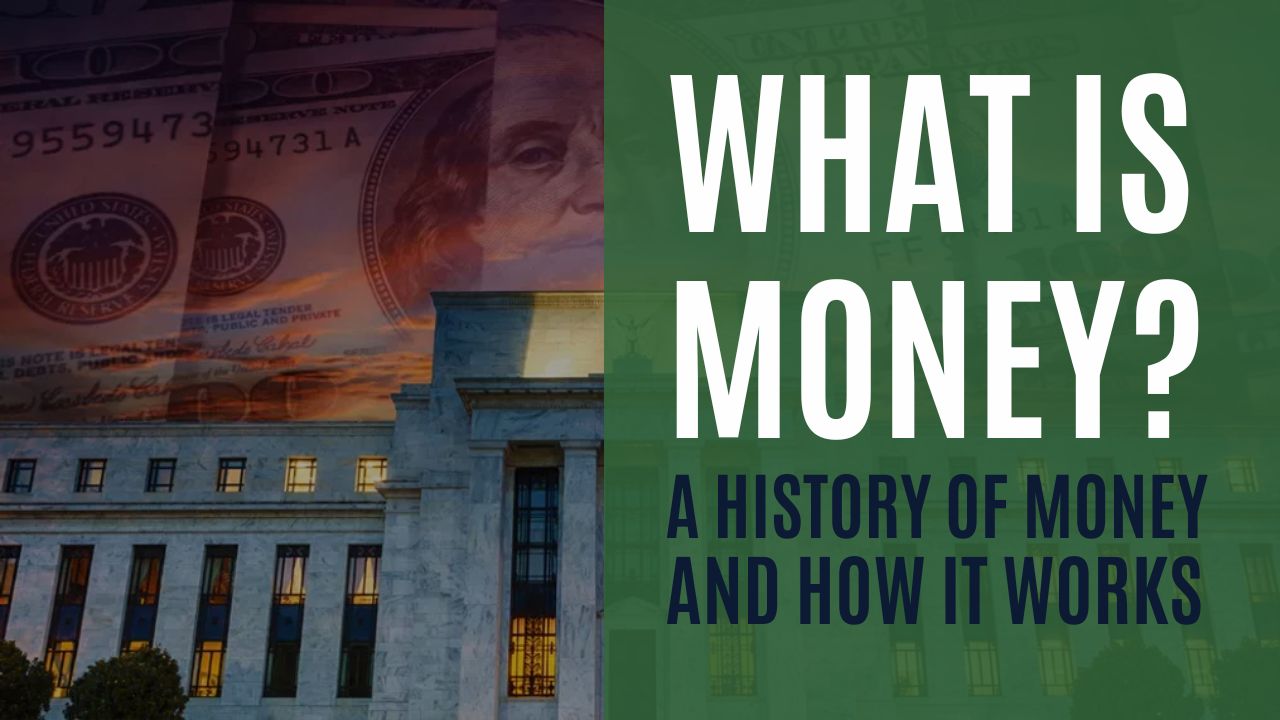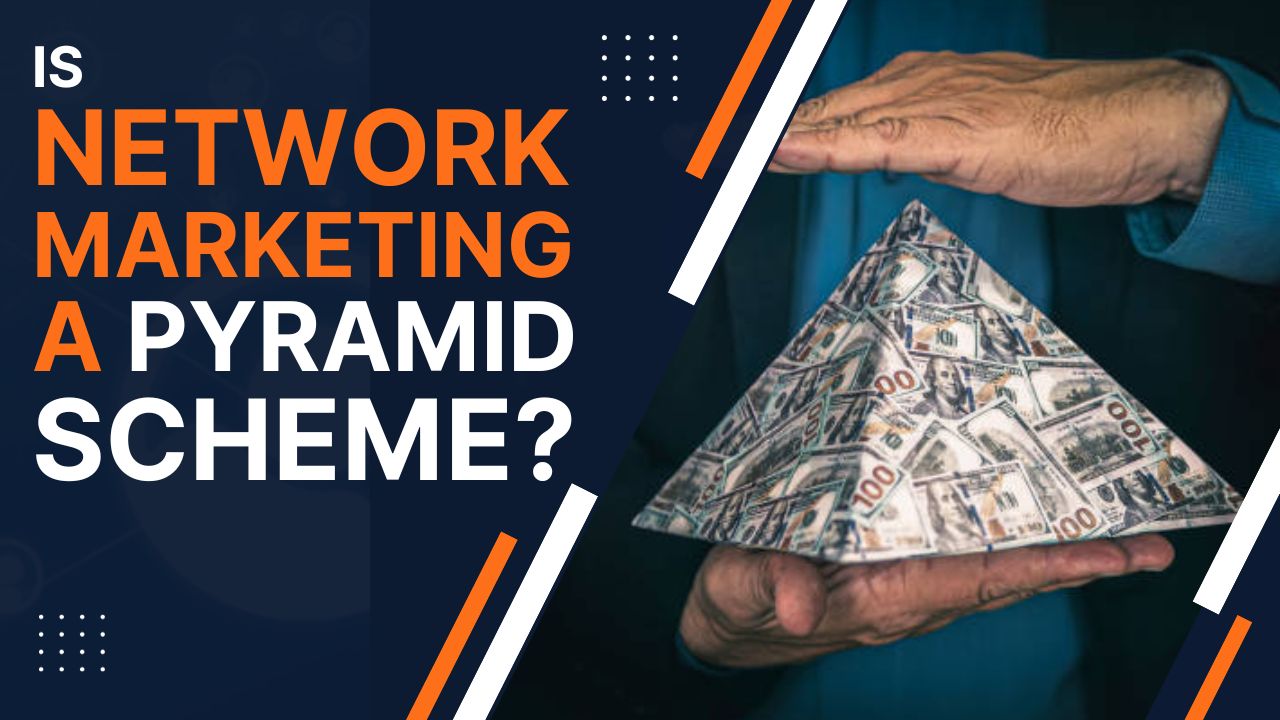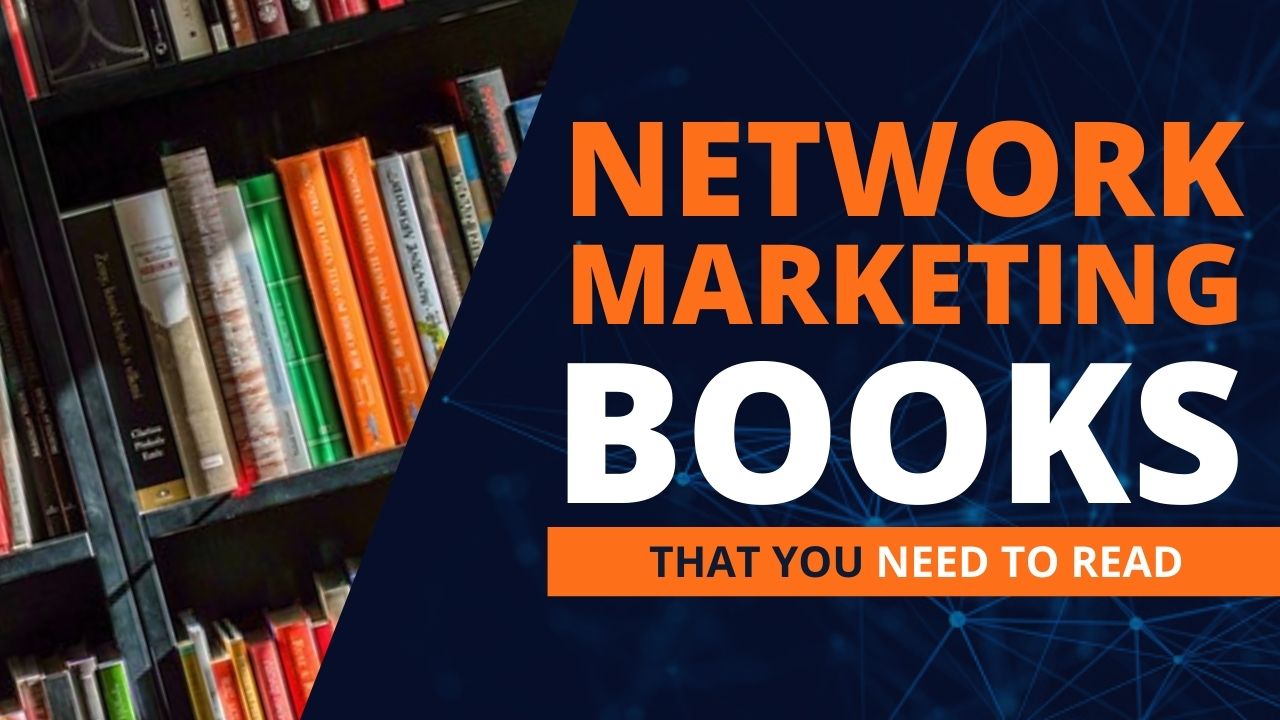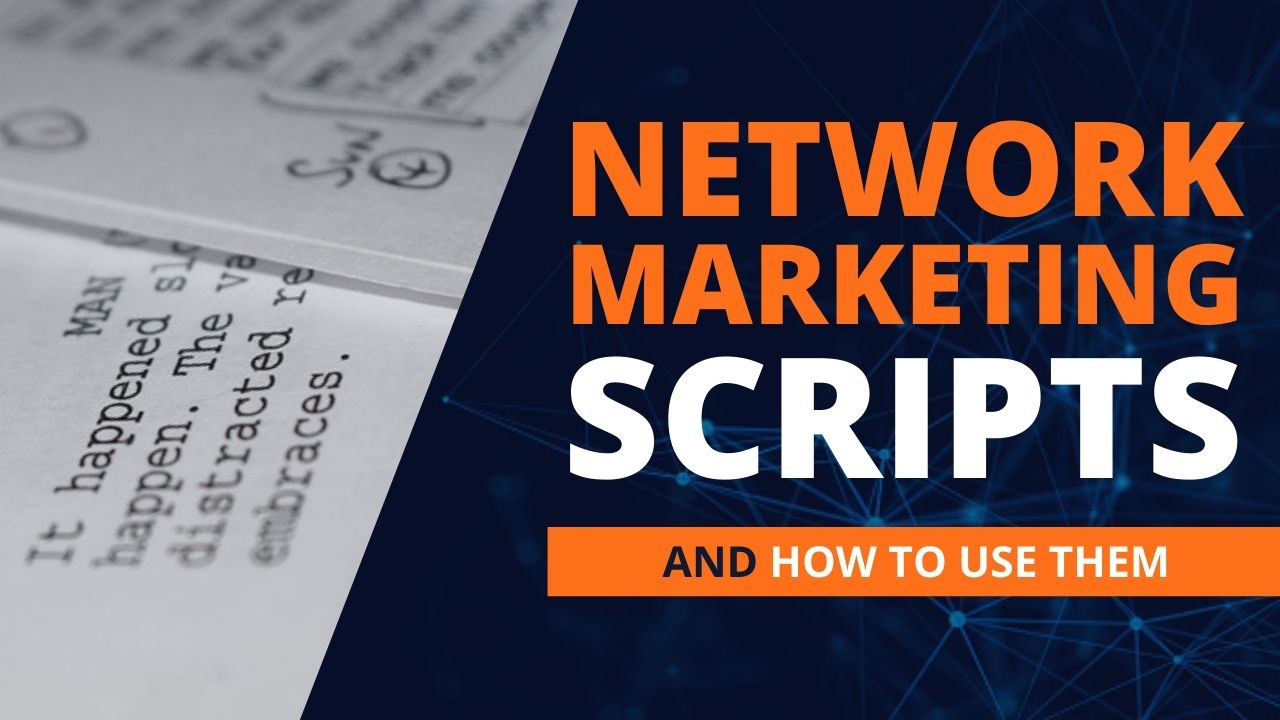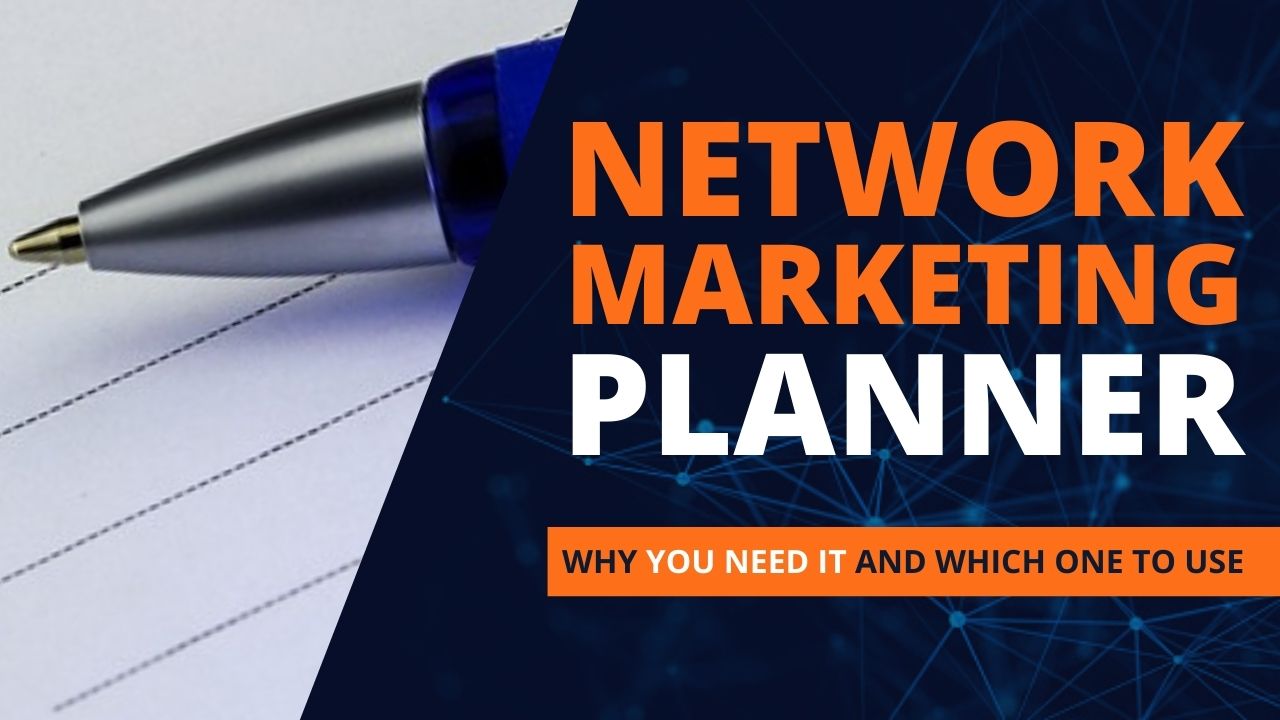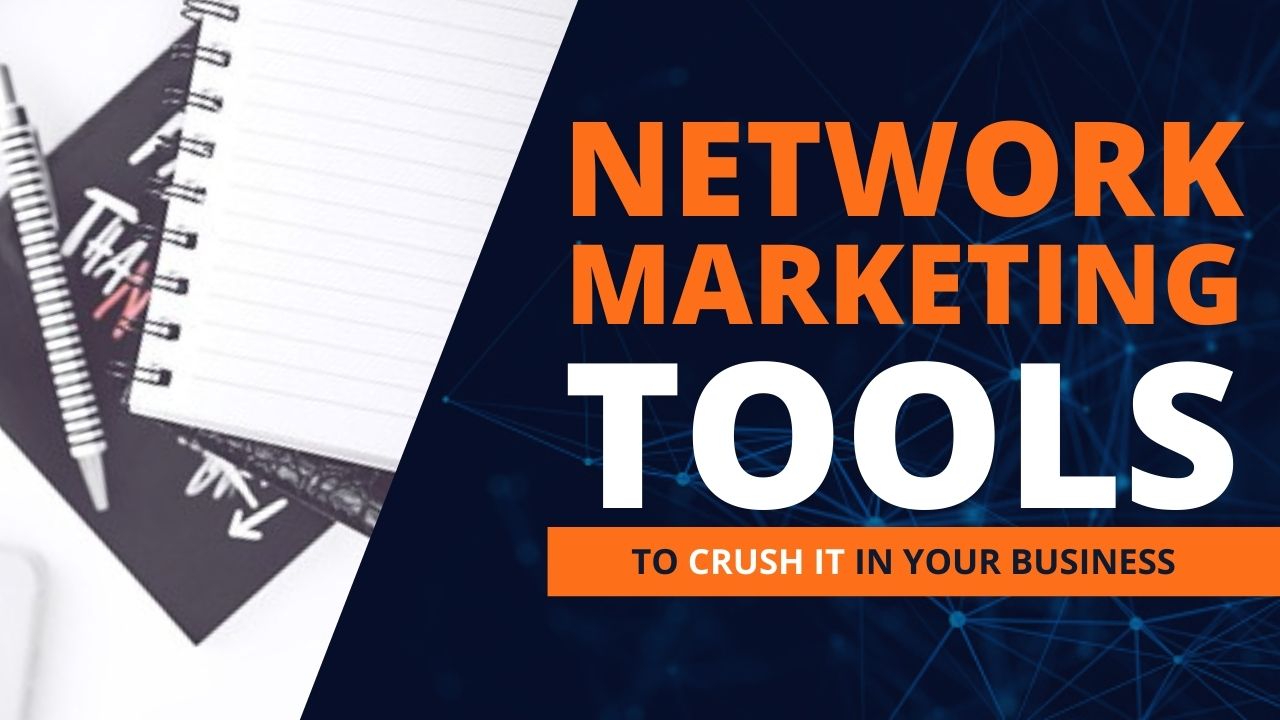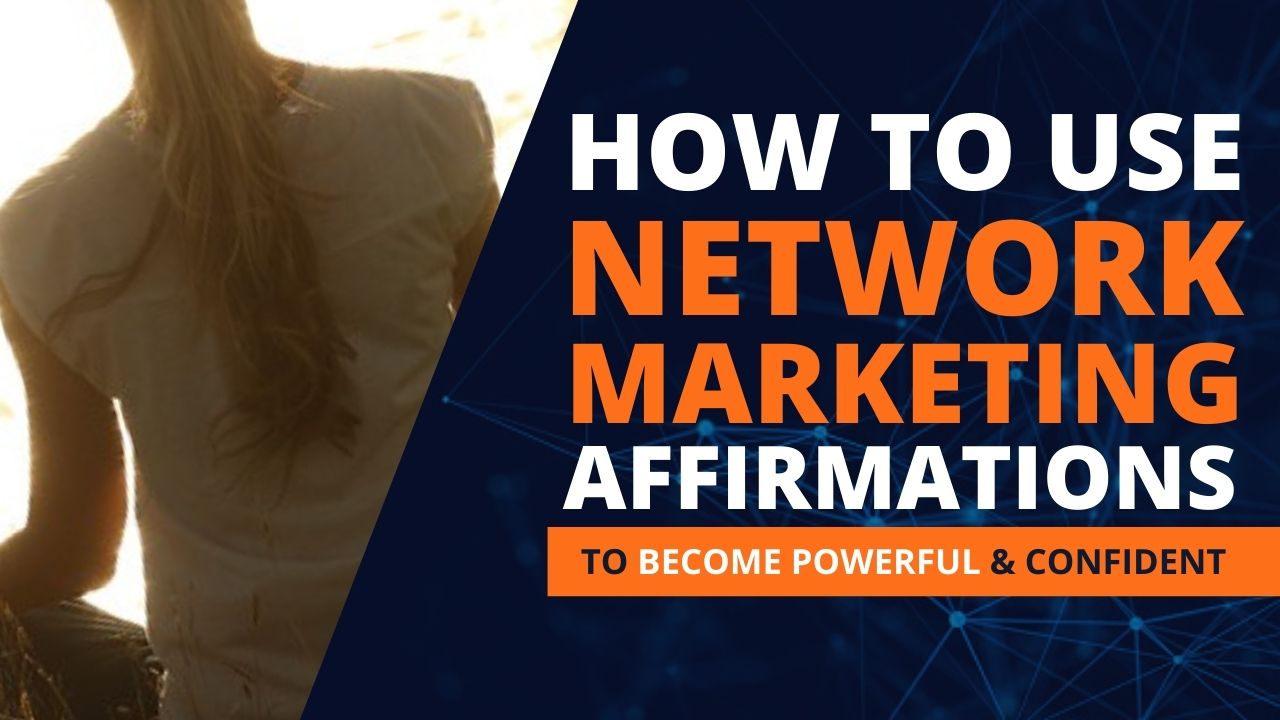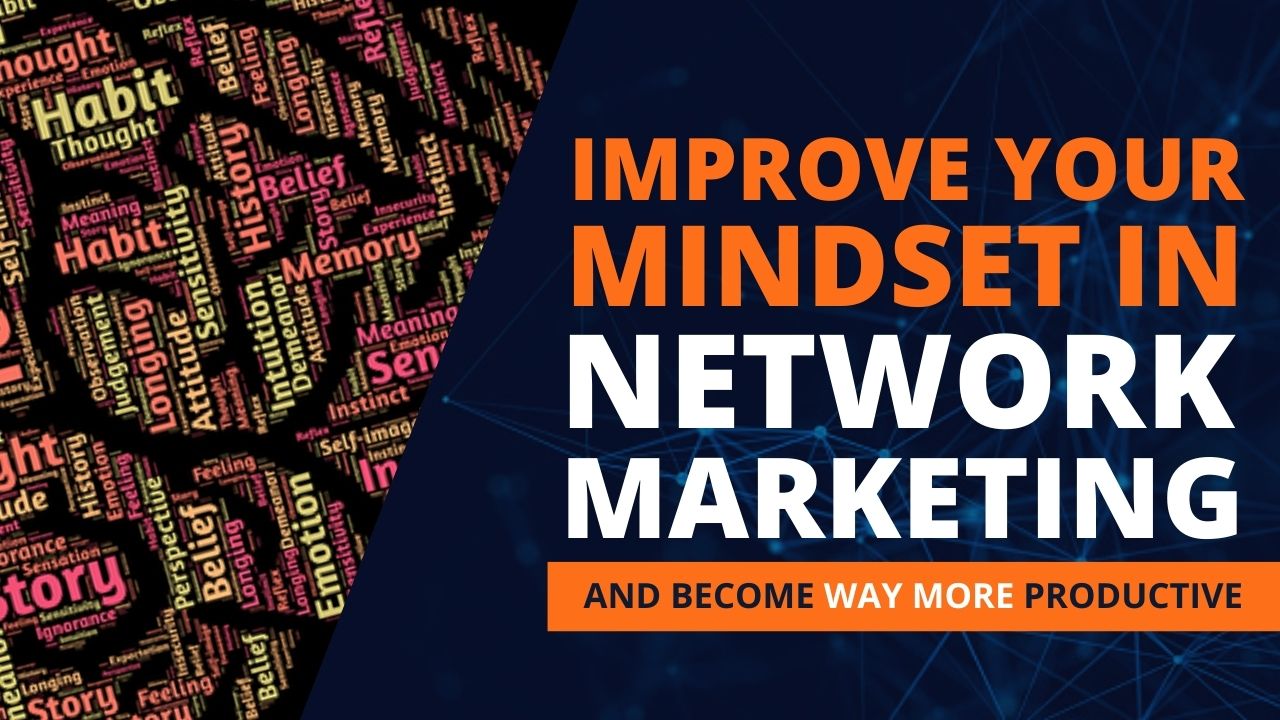Today we’re going to talk about how to become financially free.
And contrary to popular belief, you do not necessarily need to make millions and millions of dollars per year in order to achieve financial freedom (although that definitely helps!)
In fact, the average millionaire in the United States has never made a million dollars in a year. Instead, they were wise with the money they did make, and they did it for a long time. Year after year.
Look…
If you wanna be rich, then you gotta do rich people stuff.
It really is that simple. If you do poor people stuff, then you’re going to end up poor.
As Tony Robbins has said:
Success leaves clues. Find the people who have achieved what you want to achieve and figure out what they did. It stands to reason that if you take similar actions yourself, you’re going to achieve similar results.
And what it basically comes down to is this:
Spend less than you make, and invest the difference.
3 Phases Of Financial Freedom
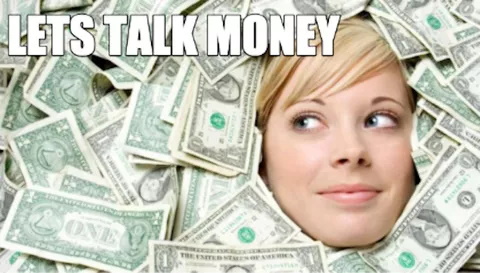
There are 3 phases of financial freedom:
- Financial peace
- Financial independence
- Financial freedom
Think of these 3 phases as buckets. The 3 buckets need to be filled in a specific order.
Most people want to fill the dream bucket first (financial freedom). They want the boat, the shiny cars, and the extravagant house. Because having these things makes you look good in the eyes of your neighbors.
But they neglect the peace bucket. They intend to fill the peace bucket eventually, after they have the boat.
But that’s ass backwards.
Look, the peace bucket isn’t sexy. I know that. Having an emergency fund that you never touch for anything fun is simply not something that you can brag about.
But if you have the peace bucket taken care of, it will provide you peace of mind, security, and stability. You’ll be able to have the posture and mindset that you need in order for you to move forward with the mechanics of becoming financially free.
I’m not saying that you can’t have that boat.
Or that nice house.
But if you want to get that stuff and keep it, you need to do things in the right order.
And do them intentionally.
Instead of letting your desires and emotions make decisions for you, devise a plan and follow it relentlessly.
Let’s talk about the 3 phases of financial freedom.
1. Financial Peace

Once you’ve achieved financial peace, you will be debt free and have your cash flow under control. Housing, food, clothes, and transportation will always be covered without issue.
A major pillar of financial peace is being in a position where you never have to borrow money again.
Ever.
No matter what type of emergency might come up, whether you blow a transmission in your car or the A/C unit in your house, you should always be able to take care of these emergencies without resorting to borrowing money and adding another monthly payment.
The following steps are exactly what I personally used to achieve this financial peace. They’re basically taken directly out of Dave Ramsey’s book, The Total Money Makeover (which is a book that I highly recommend).
I. Starter Emergency Fund
If you’re starting out from a place where you have debts on which you make regular payments, then this is a critical step for you.
This is going to sound counter intuitive. But trust me. It works.
Stop paying all debt immediately (except for the minimum required payments). And instead of using any extra money to pay down debts, use it to save up $1000 as fast as you possibly can.
This is your starter emergency fund and should never be used for anything except for emergencies.
Having this fund in place will give you a bit of a financial cushion. You might find that when you’re trying to pay down debts as fast as possible, things will start going wrong.
You’ll get a flat tire. Your kid’s bike gets backed over. Or the hot water tank in the house quits working.
Having the starter emergency fund in place will allow you to take care of these emergencies without having to resort to credit cards or other means of debt.
Make the commitment now to never rely on debt again.
Ever.
II. The Debt Snowball
The debt snowball is a concept made famous by Dave Ramsey.
This is where you start paying down your debts as fast as humanly possible. Work overtime, get a second job, start a side hustle. Do what you need to do in order to attack those debts as fast as possible.
And pay them off, one by one, starting with the smallest one to the largest one.
You’ll be tempted to pay off the higher interest bearing ones first. And I understand the temptation.
Logically, mathematically, it makes sense.
But you need some quick wins… so deal with the smallest ones first so that you can start feeling encouraged and motivated about your progress.
Make minimum payments on all your debts except for the smallest one, and attack that smallest one with all the intensity that you can muster.
Once that one’s paid off, take the amount that you would have used for that previous debt and apply it to the next one. The smallest one remaining.
The debt payments are going to snowball until eventually, you’ll have nothing left to pay off but your mortgage.
III. Fully Funded Emergency Fund
Once all your debts (except for the mortgage) are paid off, you need to build an emergency fund that will take care of any type of problem that could ever come your way.
Dave Ramsey recommends 3-6 months of expenses. Personally, I recommend 6 months.
With an emergency fund of this size, you can cover any catastrophe that life may send your way.
Even if you lose your job, you have enough cash saved up to keep living your current lifestyle for another 6 months. This gives you time to find another job without being desperate and having to take a job that you’ll regret.
Depending on your own personal risk tolerance, you may decide that you’re OK with only 2 months. Or perhaps you feel more comfortable having a full year stashed away.
Remember, this is about YOU feeling at peace with your finances.
Pick a number that makes you feel comfortable.
And while you’re working on achieving financial peace and beyond, you should simultaneously be working on always increasing your income.
Whether that means achieving more at work, getting promoted, or making a career change, increasing your income will obviously mean that you’ll have more left over to save and invest for your financial independence.
As I’m sure you know, we are big fans of network marketing here. You can learn here why we think network marketing is a good business model for these crazy times.
2. Financial Independence

When you achieve financial independence, you will have all your needs and some wants covered without working.
All the necessities of life in addition to some basic entertainment.
In order to achieve this, you need to build a “money machine”. A machine that will make you money while you sleep. Whether you’re working or not.
This means that it’s no longer necessary for you to trade your time (which is finite) for money. Instead, you put your money to work. And you do it in a way that it continues to grow without your own effort.
Before even getting started, you should define what you’re after.
What’s the minimum amount of money you’re going to need in order to be financially independent?
Define that number so that you can come up with a very precise percentage of your income that you will need to invest every single month.
And then make a commitment to keep investing that amount every single month, month after month. NO MATTER WHAT.
And don’t ever lower it. You make your investments FIRST before paying bills or anything else. And if you’ve achieved financial peace like we talked about earlier, this will be possible, even easy, for you to do.
The best way for you to stick with your investment plan is to automate it. Have the money automatically withdrawn from your account every single month.
This way, you won’t even need to think about it. You won’t need the raw discipline because it will happen without your having to think about it or remember.
3. Financial Freedom

You will have financial freedom when everything you can think of is covered without working.
You will have achieved this when the interest of your investments will throw off enough income so that you never have to work again.
The key word there is income.
Don’t think of wealth as accumulating assets. If you have a car collection worth millions of dollars, that alone is not going to provide any type of financial freedom. Because those cars are not going to generate income.
Instead, consider stocks, bonds, or real estate. The money machine you’re building over time will exist purely to provide you income for life without having to work.
A decent portfolio of stocks will provide roughly 10% of growth per year on average. So if you want to retire on $100,000 per year income, then your investment portfolio will need to be worth at least $1 million.
You might think that saving a million dollars is not possible or realistic…
But that’s where compound interest come in.
The Miracle Of Compound Interest
The video below is a clip from The Dave Ramsey Show. The hosts do a very good job of explaining the power of compound interest.
The reason why compound interest works, as the video explains, is that you’re not only getting the growth from the money you put in…
But you’re leaving that growth in the investment account and letting that grow too. It’s growth upon growth. And it becomes very powerful over time.
Here’s an age old question that you may have heard before:
What would you rather want, $1000 right now, or 1 penny which gets doubled every day for 30 days?
If you choose the latter, you would have over $5 million dollars.
Five. Million. Dollars.
Take the concept of compound interest seriously. Albert Einstein said that it’s the 8th wonder of the world.
And few people truly understand this.
Asset Allocation
Taking the right actions is one thing. But if you do the right thing at the wrong time, you can completely screw everything up.
For example:
If you’re a farmer, planting a crop is a good and necessary thing. But if you plant it in the winter, you did it at the wrong time and your harvest will yield nothing at all.
When you’re investing in the stock market, the same thing applies. Except that predicting when winter will come is extraordinarily difficult.
Very few professional money managers can do it successfully. In fact, the top investors, traders, and hedge fund managers are correct less than 50% of the time… so don’t even try it!
It’s just not worth it.
Instead, you need to think about diversification. Don’t put all your eggs in one basket. If your portfolio is sufficiently diversified, you’ll be protected through bull and bear markets.
When one market is down, there’s always another one that’s up. And if you’re diversified, you won’t need to experience the massive volatility that one stock alone will experience.
But don’t think that you need to do this on your own. There are professional money managers that can help guide you through the complex world of finance.
Whether you hire someone to do this for you or you decide to do it yourself, you should have at least a basic understanding of finance, investing, asset allocation, and compound growth.
There are 4 books that I would recommend you read that will absolutely drill these concepts into your mind and have you thinking about your retirement differently for the rest of your life:
- Dave Ramsey: The Total Money Makeover
- Tony Robbins: Money: Master The Game
- Tony Robbins: Unshakable
- Robert Kyosaki: Rich Dad Poor Dad
These 4 books are exactly what laid the foundation of my own financial knowledge and what led me to where I am today.
The concepts should be taught in school.
But they’re not.
So it’s up to you to gain the knowledge and then take action on what you learn. Do it, before it’s too late.
I would also recommend reading our full breakdown of the history of money and how it works today.
The Wealthy Mindset

80% of long term financial success comes down to psychology; 20% is mechanics.
If you have the right outlook on wealth and you remain consistent over time, you’ll do just fine. But if your psychology is off, you can lose everything in a heartbeat.
Think back to the 2008 financial crisis. This was the scariest time to be in the markets in recent history (with the possible exception of the COVID crash in 2020).
When the markets crashed in 2008, many people sold their stocks out of fear. They felt that it was going to continue to decline forever. Many people thought that their stock portfolio was literally going to go to zero.
Was this a rational thing to believe at the time?
No!
It was emotional. And because so many people let their emotions make financial decisions for them, they sold near the bottom of the markets. Many folks lost 50-70% of their net worth and were forced out of retirement in order to make ends meet.
Don’t let this happen to you.
When the markets sorted themselves out after the Great Financial Crisis, stocks and real estate went on the longest bull run in history.
If folks had been able to stay strong throughout the crisis, they could have made everything back and maybe even doubled their money over the next 10 years.
Studies show that pessimists tend to be more accurate in their predictions than optimists… and yet, optimists are more successful.
How can that be?
It’s because the optimist basically BS’s himself. Due to their lofty and often unrealistic goals, they are more resilient and tenacious. Because they refuse to be denied what they’re after.
But a pessimist won’t even try to succeed because they know that they’re extremely unlikely to succeed anyway.
I’m sure you can see how the pessimistic mindset literally guarantees failure in the long run.
Here’s the truth about true wealth:
Wealth is not really a bank account balance or a certain number of assets. No, wealth is a state of mind.
It’s not really the money you’re after anyway, right?
What you’re after is what the money can do for you and ultimately, how the money will make you feel.
The reality is, no amount of money will ever really satisfy you. It’s human nature to always want more. We’re always striving for growth, for progress.
When you hit a goal, you immediately move the goalpost. You make a new goal and start trying to achieve it.
So don’t attach too much value to achieving a certain amount of financial success. Because it’s not going to bring you the fulfillment that you think it will.
Don’t get me wrong…
Money is going to make your life easier and better in many ways. But it won’t bring true fulfillment. What brings true joy is family, friends, relationships, and having a close relationship with God.
Besides, you’re way richer than you think anyway.
No matter where you are in the socioeconomic hierarchy, I’m sure you would rather want the life you have now than the life of a rich king or head of state 500 years ago.
Think about the technology available to you. On your smart phone, you have access to an unlimited source of information and education. Not to mention an unlimited supply of cheap products that you can have delivered right to your door.
What about roads that have been paved for you?
And plumbing. The sewer systems that you didn’t have to design or build that seamlessly clean up toxic and disease inducing waste.
And refrigeration. You’re able to store food for weeks or months without it going bad.
Yes, life is much better and easier than we tend to believe. Especially when you compare our lives to those of our ancestors who lost children to disease on a very regular basis.
If you can truly internalize this, it will change your outlook on life.
Start wealthy in your mind, and then take the steps to become financially free as well.
Let’s Wrap This Up

What’s your goal?
What are you trying to achieve by growing your income and gaining financial freedom?
Here’s a clue:
Your goal should NOT be to retire.
You might think that it would be lovely to simply retire, unplug, and sit on the beach sipping drinks for the rest of your life.
That’s a fine goal… for about 3 days.
You’ll start to wither away. You’ll get depressed. You’ll lack any meaning in your life. You’ll lack variety, purpose.
The whole point of achieving long term financial success is freedom. Freedom to do what you want to do. Freedom to not have to worry about where your next meal is coming from. Freedom to know that your children are going to be OK.
You goal (in terms of your career) should be to continue working forever, doing exactly what you want to do.
But you’re going to keep working because you want to.
Not because you have to.

Written By:
Johnny Friesen
Just a blue collar guy passionate about finance, network marketing, and writing. When I'm not working on a car, you'll find me working on various side hustles and sharing my musings with the world.
ATTENTION: MLM and Direct Sales Reps...

- Attract Qualified Business Leads
- Enroll Customers Without Prospecting
- Build A Team Of 3000+ People
